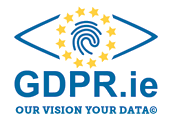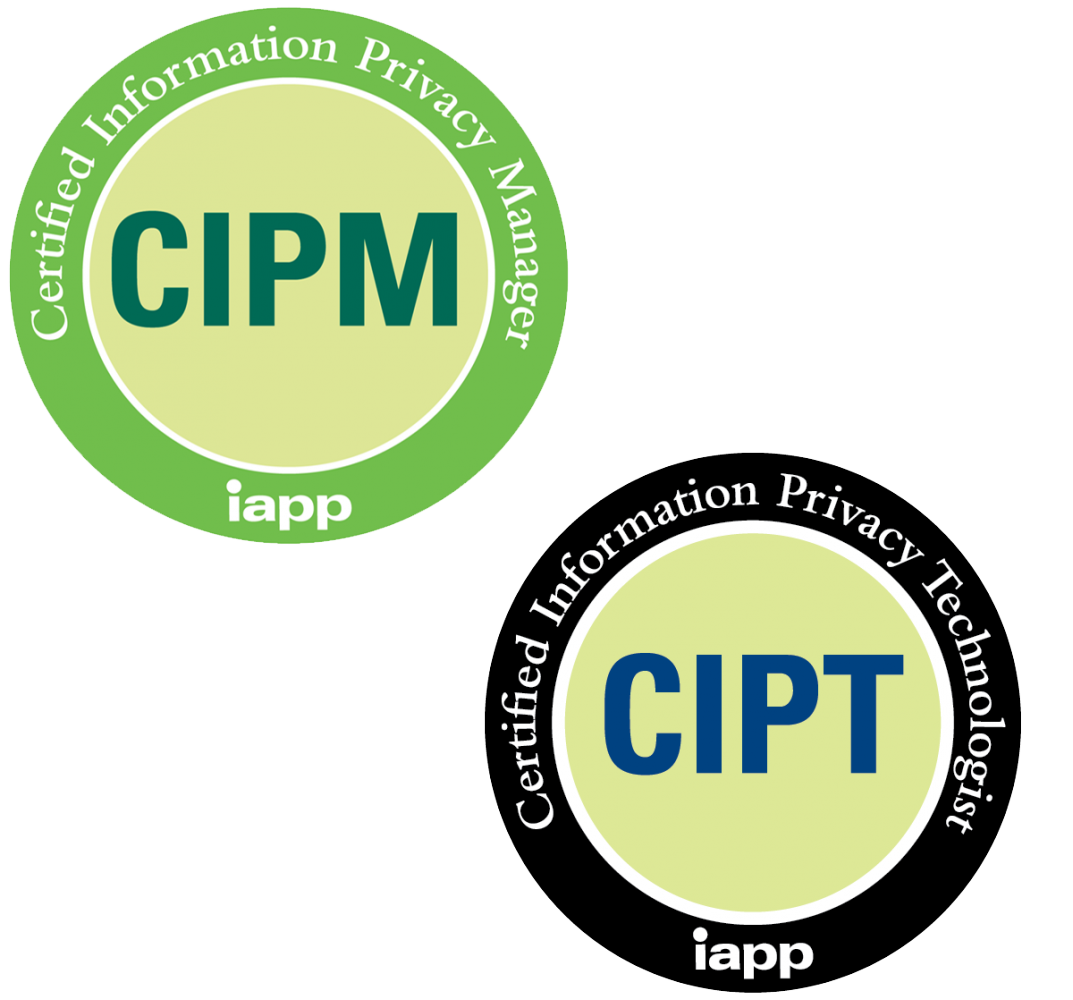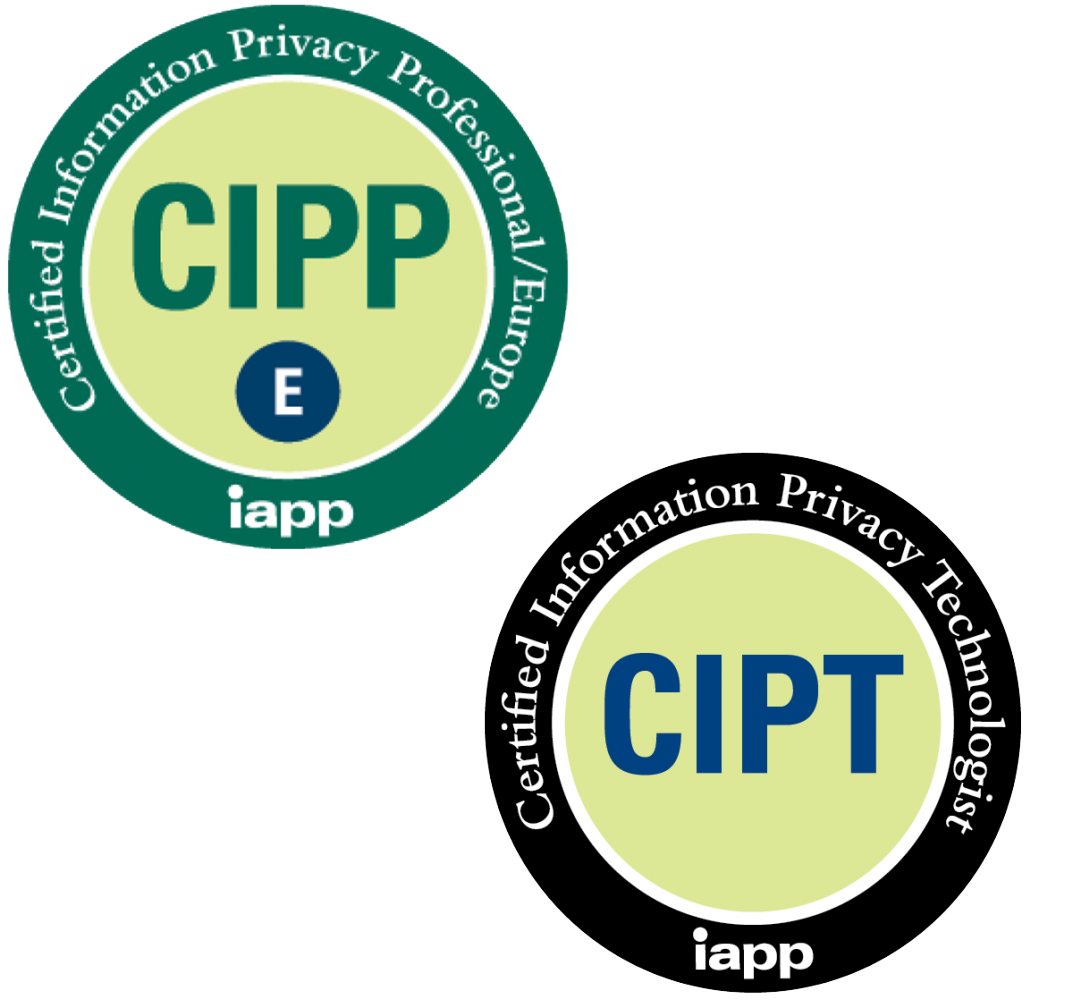Description
This training is an opportunity to learn about critical privacy concepts that are also integral to the CIPM & CIPT exam. While not purely a “test prep” course, this training is appropriate for professionals who plan to certify, as well for those who want to deepen their data protection knowledge. Both the training and the exam are based on the same body of knowledge.
Modules & Course Outline CIPM
Module 1: Introduction to privacy program management
Identifies privacy program management responsibilities and describes the role of accountability in privacy program management.
Module 2: Privacy governance
Examines considerations for developing and implementing a privacy program, including the position of the privacy function within the organisation, the role of the DPO, program scope and charter, privacy strategy, support and ongoing involvement of key functions and privacy frameworks.
Module 3: Applicable laws and regulations
Discusses the regulatory environment, common elements across jurisdictions and strategies for aligning compliance with organisational strategy.
Module 4: Data assessments
Relates practical processes for creating and using data inventories/maps, gap analyses, privacy assessments, privacy impact assessments/data protection impact assessments and vendor assessments.
Module 5: Policies
Describes common types of privacy-related policies, outlines components and offers strategies for implementation.
Module 6: Data subject rights
Discusses operational considerations for communicating and ensuring data subject rights, including privacy notice, choice and consent, access and rectification, data portability, and erasure.
Module 7: Training and awareness
Outlines strategies for developing and implementing privacy training and awareness programs.
Module 8: Protecting personal information
Examines a holistic approach to protecting personal information through privacy by design.
Module 9: Data breach incident plans
Provides guidance on planning for and responding to a data security incident or breach.
Module 10: Monitoring and auditing program performance
Relates common practices for monitoring, measuring, analysing and auditing privacy program performance.
Modules & Course Outline CIPT
Module 1: Foundational principles of privacy in technology
Summarises the foundational elements for embedding privacy in technology through privacy by design and value-sensitive design; reviews the data life cycle and common privacy risk models and frameworks.
Module 2: The role of the technology professional in privacy
Reviews the fundamentals of privacy as they relate to the privacy technologist; describes the privacy technologist’s role in ensuring compliance with privacy requirements and meeting stakeholder privacy expectations; explores the relationship between privacy and security.
Module 3: Privacy threats and violations
Identifies inherent risks throughout the stages of the data life cycle and explores how software security helps mitigate privacy threats; examines the impacts that behavioural advertising, cyberbullying and social engineering have on privacy within the technological environment.
Module 4: Technical measures and privacy-enhancing technologies
Outlines the strategies and techniques for enhancing privacy throughout the data life cycle, including identity and access management; authentication, encryption, and aggregation; collection and use of personal information.
Module 5: Privacy engineering
Explores the role of privacy engineering within an organisation, including the objectives of privacy engineering, privacy design patterns, and software privacy risks.
Module 6: Privacy-by-design methodology
Illustrates the process and methodology of the privacy-by-design model; explores practices to ensure ongoing vigilance when implementing privacy by design.
Module 7: Technology challenges for privacy
Examines the unique challenges that come from online privacy issues, including automated decision making, tracking and surveillance technologies, anthropomorphism, ubiquitous computing and mobile social computing.





